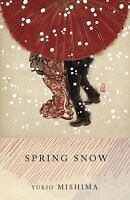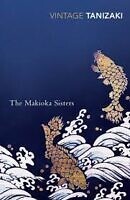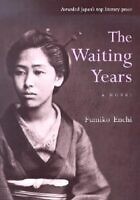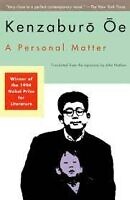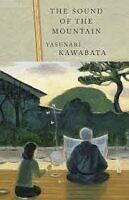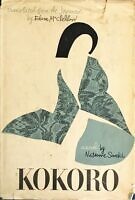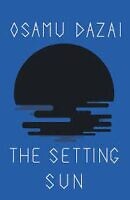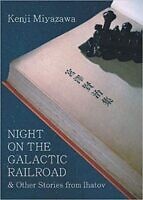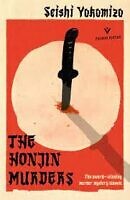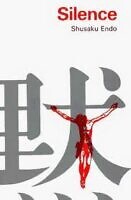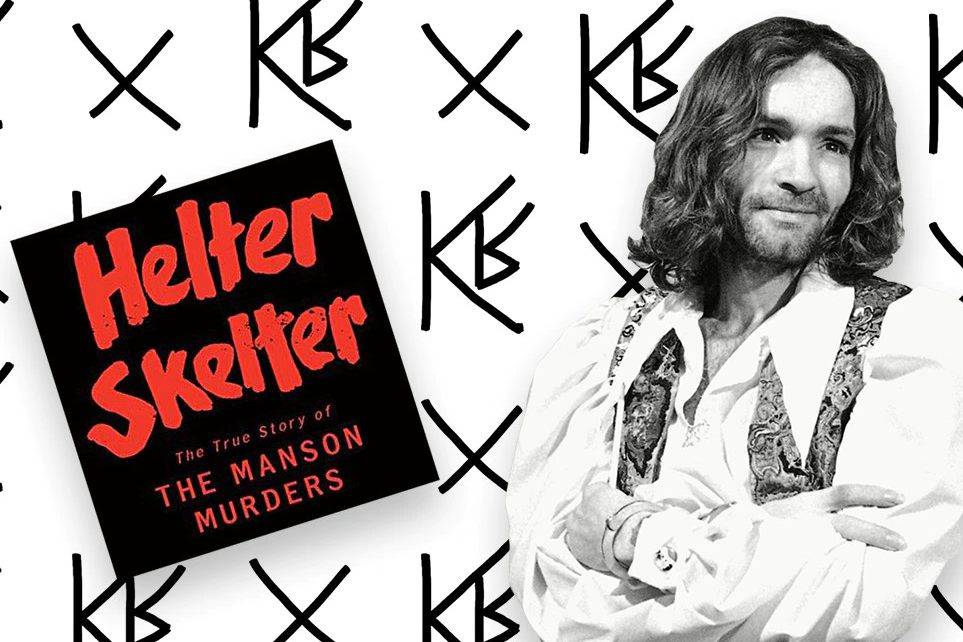10 Best Classic Japanese Novels
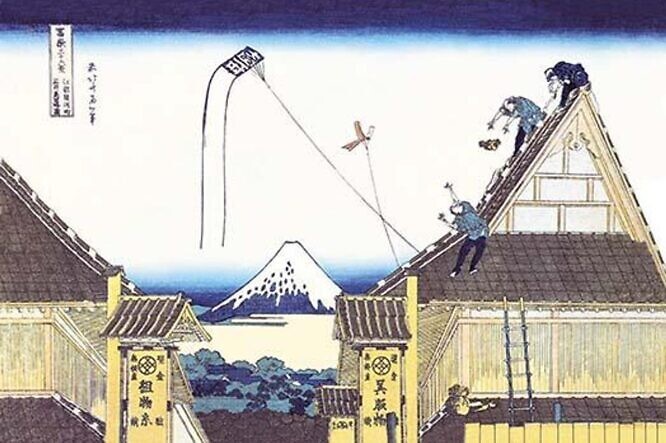 mitsui shop in edo 1 e1706109003852
mitsui shop in edo 1 e1706109003852
Given the rich history of Japanese Literature, for this reading list we’ve limited ourselves to the 20th Century up to around 1970. Enjoy our selection of 10 Classic Japanese Novels
10 Best Classic Japanese Novels
Spring Snow by Yukio Mishima
Yukio Mishima’s Spring Snow is the first novel in his masterful series, The Sea of Fertility. Here we meet Shigekuni Honda, who narrates this epic tale of what he believes are the successive reincarnations of his friend, Kiyoaki Matsugae.
It is 1912 in Tokyo, and the hermetic world of the ancient aristocracy is being breached for the first time by outsiders — rich provincial families unburdened by tradition, whose money and vitality make them formidable contenders for social and political power. Shigekuni Honda, an aspiring lawyer and his childhood friend, Kiyoaki Matsugae, are the sons of two such families.
As they come of age amidst the growing tensions between old and new, Kiyoaki is plagued by his simultaneous love for and loathing of the spirited young woman Ayakura Satoko. But Kiyoaki’s true feelings only become apparent when her sudden engagement to a royal prince shows him the magnitude of his passion — and leads to a love affair both doomed and inevitable.
The Makioka Sisters by Junichiro Tanizaki
Junichirō Tanizaki’s magisterial evocation of a proud Osaka family in decline during the years immediately before World War II is arguably the greatest Japanese novel of the twentieth century and a classic of international literature.
Tsuruko, the eldest sister of the once-wealthy Makioka family, clings obstinately to the prestige of her family name even as her husband prepares to move their household to Tokyo, where that name means nothing. Sachiko compromises valiantly to secure the future of her younger sisters. The shy, unmarried Yukiko is a hostage to her family’s exacting standards, while the spirited Taeko rebels by flinging herself into scandalous romantic alliances and dreaming of studying fashion design in France.
Filled with vignettes of a vanishing way of life, The Makioka Sisters is a poignant yet unsparing portrait of a family—and an entire society—sliding into the abyss of modernity. It possesses in abundance the keen social insight and unabashed sensuality that distinguish Tanizaki as a master novelist.
The Waiting Years by Fumiko Enchi
In the late nineteenth century, Tomo, the faithful wife of a government official, is sent to Tokyo, where a heartbreaking task is awaiting her. From among hundreds of geishas and daughters offered up for sale by their families she must select a respectable young girl to become her husband’s new lover. Externally calm, but torn apart inside, Tomo dutifully begins the search for an official mistress.
Fumiko Enchi took eight years to complete this novel and it won Japan’s top literary Noma prize. Rightly it has earned the reputation as one of the most penetrating studies of female psychology to appear in postwar Japan.
A Personal Matter by Kenzaburo Oe
Kenzaburo Oe, the winner of the 1994 Nobel Prize for Literature, is internationally acclaimed as one of the most important and influential post-World War II writers, known for his powerful accounts of the atomic bombing of Hiroshima and his own struggle to come to terms with a mentally handicapped son. The Swedish Academy lauded Oe for his “poetic force that creates an imagined world where life and myth condense to form a disconcerting picture of the human predicament today.”
His most popular book, A Personal Matter is the story of Bird, a frustrated intellectual in a failing marriage whose Utopian dream is shattered when his wife gives birth to a brain-damaged child.
The Sound of the Mountain by Yasunari Kawabata
Nobel Prize winner Yasunari Kawabata’s The Sound of the Mountain is a beautiful rendering of the predicament of old age — the gradual, reluctant narrowing of a human life, along with the sudden upsurges of passion that illuminate its closing.
By day Ogata Shingo, an elderly Tokyo businessman, is troubled by small failures of memory. At night he associates the distant rumble he hears from the nearby mountain with the sounds of death. In between are the complex relationships that were once the foundations of Shingo’s life: his trying wife; his philandering son; and his beautiful daughter-in-law, who inspires in him both pity and the stirrings of desire.
Out of this translucent web of attachments, Kawabata has crafted a novel that is a powerful, serenely observed meditation on the relentless march of time.
Kokoro by Natsume Soseki
Literally meaning “heart”, the Japanese word “kokoro” can be more distinctly translated as “the heart of things” or “feeling.” Natsume Soseki’s 1914 novel, which was originally published in serial format in a Japanese newspaper, “Kokoro” deals with the transition from the Japanese Meiji society to the modern era.
Divided into three parts “Sensei and I,” “My Parents and I,” and “Sensei and His Testament,” the novel explores the themes of loneliness and isolation.
In the first part we find the narrator attending university where he befriends an older man, known only as “Sensei,” who lives a largely reclusive life. In the second part of the novel the narrator graduates from college and returns home to await the death of his father. The third part of the novel recounts a letter that the narrator receives from the “Sensei,” which describes the circumstances that caused his loss of faith in humanity and the guilt he feels over the death of a childhood friend which drives him to the reclusive life that he has led.
A deeply thematic novel “Kokoro” provides an excellent introduction to one of Japan’s most beloved authors, Natsume Soseki.
The Setting Sun by Osamu Dazai
This powerful novel of a nation in social and moral crisis was first published by New Directions in 1956.
Set in the early postwar years, it probes the destructive effects of war and the transition from a feudal Japan to an industrial society. Ozamu Dazai died from suicide in 1948. But the influence of his book has made “people of the setting sun” a permanent part of the Japanese language, and his heroine, Kazuko, a young aristocrat who deliberately abandons her class, a symbol of the anomie which pervades so much of the modern world.
Night on the Galactic Railroad by Kenji Miyazawa
This volume collects stories which focus on Miyazawa’s love of space and his use of the galaxy as a metaphor for the concepts of purity, self-sacrifice and faith which were near and dear to his heart.
“The Nighthawk Star” follows an lowly bird as he struggles to transform himself into something greater, a constellation in the night sky; “Signal & Signal-less” depicts a pair of star-crossed train signals who dream of eloping to the moon; and “Night on the Galactic Railroad,” Miyazawa’s most famous work, tells the story of two boys as they journey upon a train that traverses the cosmos, learning the true meaning of friendship, happiness and life itself along the way.
The Honjin Murders by Seishi Yokomizo
In the winter of 1937, the village of Okamura is abuzz with excitement over the forthcoming wedding of a son of the grand Ichiyanagi family. But amid the gossip over the approaching festivities, there is also a worrying rumour – it seems a sinister masked man has been asking questions around the village.
Then, on the night of the wedding, the Ichiyanagi household are woken by a terrible scream, followed by the sound of eerie music. Death has come to Okamura, leaving no trace but a bloody samurai sword, thrust into the pristine snow outside the house. Soon, amateur detective Kosuke Kindaichi is on the scene to investigate what will become a legendary murder case, but can this scruffy sleuth solve a seemingly impossible crime?
Silence by Shusaku Endo
Seventeenth-century Japan: Two Portuguese Jesuit priests travel to a country hostile to their religion, where feudal lords force the faithful to publicly renounce their beliefs. Eventually captured and forced to watch their Japanese Christian brothers lay down their lives for their faith, the priests bear witness to unimaginable cruelties that test their own beliefs. Shusaku Endō is one of the most celebrated and well-known Japanese fiction writers of the twentieth century, and Silence is widely considered to be his great masterpiece.
Test your knowledge of Classic Japanese Novels with our fun Japanese Literature Quiz
If you enjoyed our selection of Classic Japanese Novels, also check out our reading list of the Top 10 Modern Japanese Books to Read








